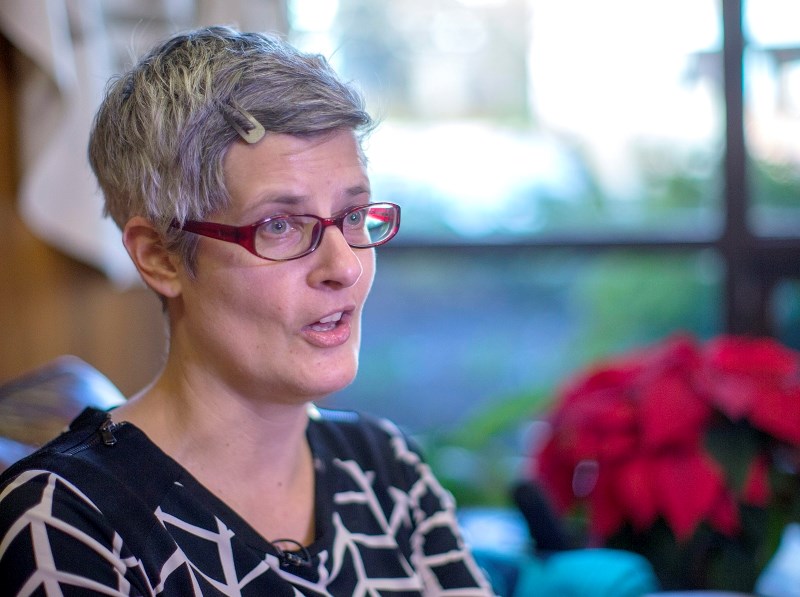In a move that could save taxpayers millions of dollars, Capital Regional District directors are being urged to reverse course on how they deal with sewage sludge.
CRD staff and Victoria Mayor Lisa Helps are independently recommending the region abandon its plans for integrated resource management, or IRM.
Biosolids, also known as sewage sludge, are left over when sewage is treated. IRM can involve mixing biosolids, garbage and food scraps, and processing that mix to generate electricity, which in turn produces revenue.
Instead of IRM, they are recommending the region process kitchen food scraps and yard waste into compost at Hartland Landfill.
And the CRD should issue a separate request for proposals for reuse of dried sewage sludge that doesn’t involve spreading it on land.
Under the provincially approved sewage treatment plan, sewage sludge is to be piped about 18 kilometres from the treatment plant to be built at McLoughlin Point to Hartland Landfill where it is to be processed into what are known as Class A biosolids, a soil supplement.
The plan to date has been for the biosolids to be stored at Hartland while the CRD develops a plan for their beneficial use. IRM has been a top option.
But Helps said one of the drivers of IRM was that the approved $765-million sewage treatment plan wasn’t supposed to include dried biosolids. “It was only supposed to include wet Class-A biosolids,” Helps said.
That has changed becaused the selected “preferred proponent” to build the sewage treatment system has come in under budget with a process that includes producing dried processed biosolids, which could be used as a fuel source for the likes of cement kilns, she said.
Meanwhile, CRD consultants have said one of the keys to IRM is having a guaranteed ongoing supply of garbage as a feedstock — which is the exact opposite of where Victoria and other local municipalities are headed, Helps said.
The city’s climate leadership plan says that by 2050 only five per cent of everything city residents and businesses consume will end up in a landfill and the remaining 95 per cent will be rethought, reduced, recycled or recovered on the road to zero waste.
Helps said she was at an IRM workshop last month when red flags started popping up in her mind about the amount of uncertainty surrounding IRM.
“I thought this feels too much like the Blue Bridge — too many unknowns, too many risks at the procurement stage, and also a guaranteed supply of garbage can’t be a good thing from anyone’s point of view,” Helps said.
IRM isn’t considered to be part of the sewage treatment program and instead is to be funded through the CRD’s solid waste division.
Helps noted that there currently is no senior government funding available for IRM.
“To think we would get a large chunk of funding from the province or the feds who have just given us $500 million for the sewage project, I think, is false.”
While supporters of IRM say the process could be a revenue producer, Helps said that’s certainly not the case without a guaranteed source of garbage.
Further, she said, adopting the course being recommended by herself and staff will allow the CRD to stop shipping collected kitchen scraps to Delta at $114 a tonne for processing as is currently done.
“That was supposed to be a stopgap measure while we figured out what we’re doing but we’re still doing it,” Helps said.
CRD Environmental Services Committee chairwoman Judy Brownoff agreed that there is considerable risk in continuing with IRM and Helps’s suggestions could save a lot of taxpayer dollars.
“I think from day one what the consultants were trying to say to us, and I knew this, was that without a guaranteed feedstock … it gets a little tricky on how you’re going to create this process,” Brownoff said.



